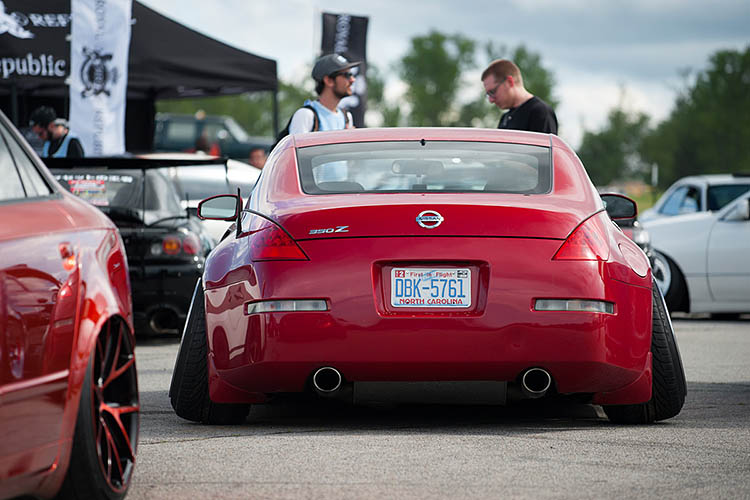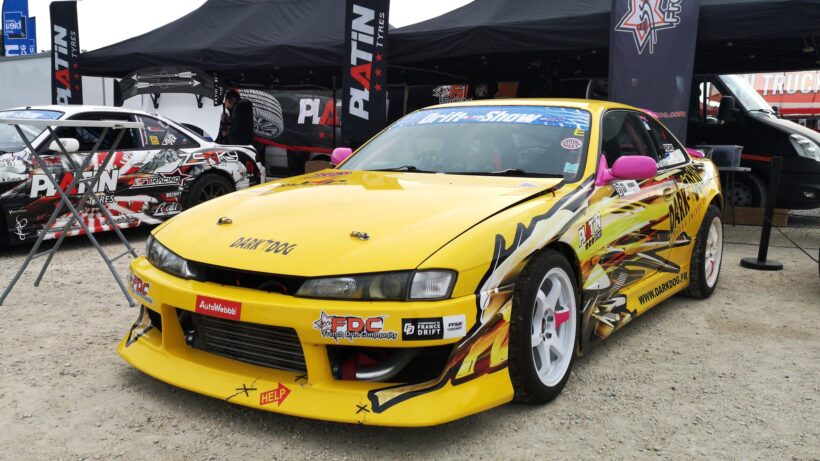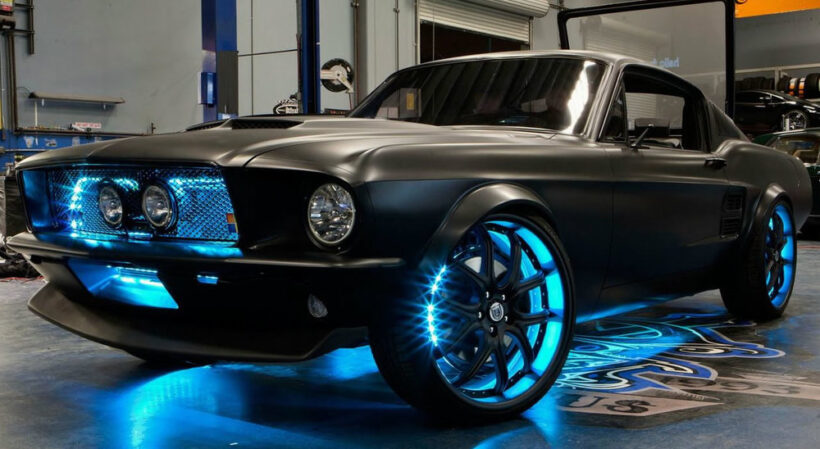If you have a passion for cars and enjoy getting your hands dirty, diving into auto hobby projects can be an exhilarating and rewarding experience. Engaging in do-it-yourself (DIY) car modifications allows you to personalize your vehicle, gain valuable mechanical knowledge, and create a unique driving experience. In this beginner’s guide to auto hobby projects, we will explore the basics of getting started and provide helpful tips to embark on your own automotive adventures.
Define Your Project Goals

Before delving into auto hobby projects, it’s essential to define your goals and aspirations. Ask yourself what you want to achieve with your car modification. Are you interested in enhancing performance, improving aesthetics, or both? Research different modifications and prioritize the ones that align with your objectives. Starting with a clear vision will help guide your project and keep you focused throughout the process.
Start Small and Gain Experience
For beginners, it’s advisable to start with smaller and less complex projects to build your skills and confidence gradually. Tackling simple modifications such as upgrading headlights, installing a new audio system, or adding custom decals can be a great starting point. As you gain experience and knowledge, you can progress to more involved projects like suspension upgrades or engine modifications.
Set a Realistic Budget
Setting a realistic budget for your auto hobby projects is essential to ensure you can complete your projects without breaking the bank. Firstly, determine the scope of your project and make a list of all the necessary expenses, including parts, tools, and any professional services you may need. Research the prices of the items on your list and factor in any additional costs such as shipping or taxes. Be realistic about your financial situation and set a budget that aligns with your income and other financial obligations. Consider prioritizing the most crucial items and potentially postponing or eliminating less essential purchases. Be mindful of unexpected expenses that may arise during the project and allocate a portion of your budget for contingencies. Regularly track your spending and make adjustments as needed to stay within your set budget. Remember, setting a realistic budget will help you manage your expenses effectively and enjoy your auto hobby projects without undue financial strain.
Research and Educate Yourself
Auto hobby projects require a solid understanding of automotive systems and mechanics. Take the time to research and educate yourself on the specific modifications you plan to undertake. Online forums, YouTube tutorials, and automotive enthusiast communities are excellent resources for gathering information and learning from experienced individuals.

Understanding the intricacies of your project will help you make informed decisions and avoid costly mistakes. It’s also a necessary time to consider the safety aspects of your project. Make sure you have the right insurance for your project car. If you’re working on a motorcycle, you’ll need to get your motorcycle license, and if you’re starting out on your bike, researching local motorcycle accident lawyers in your area may not be a bad idea.
Assemble the Right Tools
Investing in the right tools is crucial for successful auto hobby projects. Make sure you have a basic toolkit that includes essentials like screwdrivers, wrenches, sockets, pliers, and a torque wrench. Additionally, specific modifications may require specialized tools or equipment. Research the tools required for your project beforehand and acquire them to ensure a smooth and efficient workflow.
Practice Safety First
When starting a new auto building hobby, practicing safety should always be your top priority. Working with vehicles and tools can pose certain risks, but by prioritizing safety, you can mitigate potential hazards and ensure a secure environment for yourself and others. Firstly, invest in high-quality personal protective equipment (PPE) such as safety glasses, gloves, and ear protection to safeguard yourself from potential injuries. Familiarize yourself with the proper handling and usage of tools and equipment, and always follow manufacturer guidelines and safety instructions. Maintain a clean and organized workspace to minimize the risk of accidents and falls. Adhere to electrical safety practices and take necessary precautions when working with flammable materials or chemicals. Finally, never hesitate to seek professional help or guidance if you encounter tasks beyond your skill level or comfort zone. By practicing safety first, you can enjoy your auto building hobby with peace of mind, knowing that you are minimizing risks and prioritizing your well-being.
Document and Take Your Time

Maintaining a record of your progress is not only satisfying but also helpful for future reference. Take photos before, during, and after each stage of your project. Documenting the process will aid you in troubleshooting, replicating successful modifications, or sharing your journey with others. Remember to take your time and be patient. Rushing through a project can lead to errors and compromises in quality.
Connect with the Car Enthusiast Community
Connecting with the car enthusiast community is an incredibly helpful part of getting started with an auto hobby. The car enthusiast community is a vibrant and knowledgeable group of individuals who share a common passion for automobiles. Engaging with this community provides access to a wealth of expertise, advice, and support. Online forums, social media groups, and local car clubs are great places to connect with like-minded individuals who can offer guidance on various aspects of auto hobbies, from project ideas and troubleshooting to sourcing parts and tools. Sharing experiences and learning from others who have embarked on similar journeys can be immensely valuable, boosting your confidence and providing inspiration for your own projects. Additionally, the car enthusiast community often hosts events, gatherings, and car shows, providing opportunities to showcase your work, gain recognition, and build lasting friendships with fellow car enthusiasts.
Embarking on auto hobby projects is an exciting and fulfilling way to explore your passion for cars. By defining your project goals, starting small, conducting thorough research, investing in the right tools, prioritizing safety, documenting your progress, and connecting with fellow enthusiasts, you can dive into the world of DIY car modifications with confidence.

